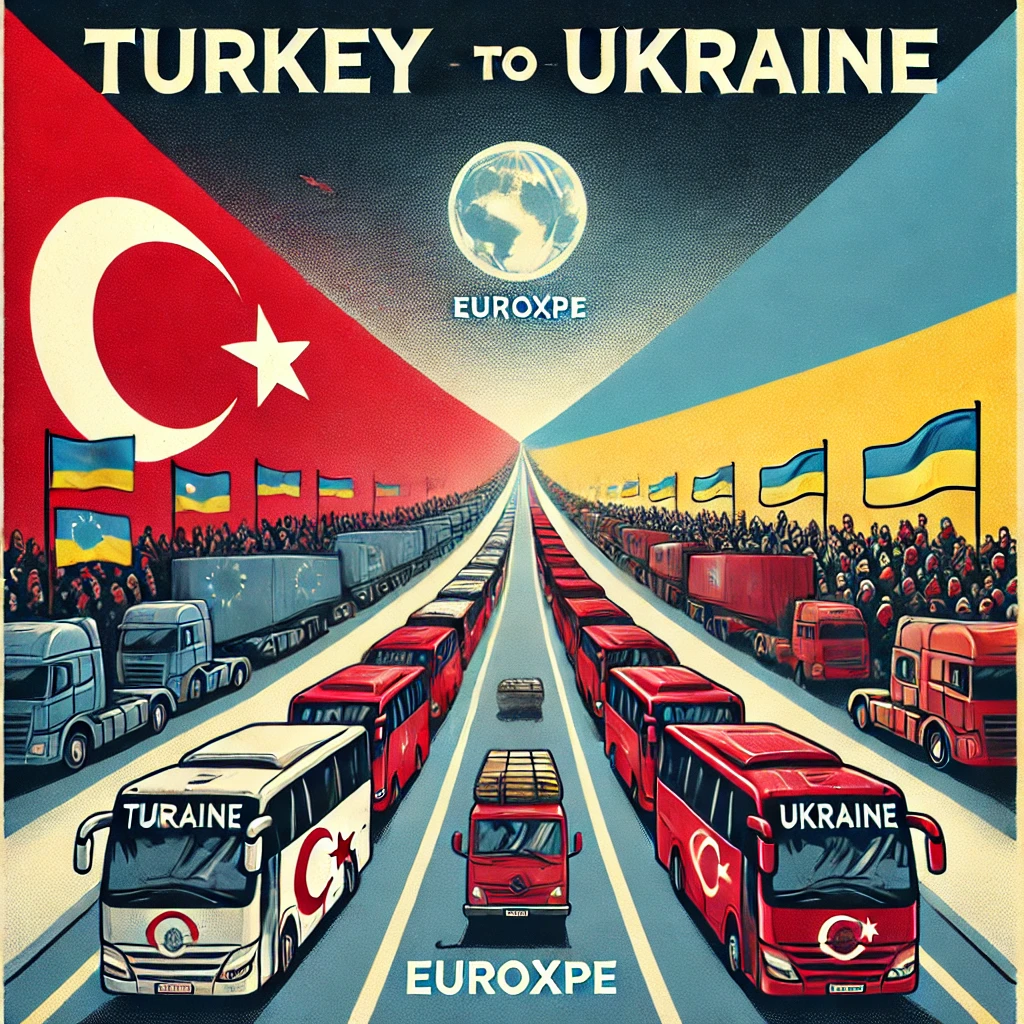Romania and Bulgaria are set to join the Schengen Area as full members on January 1, 2024, marking a significant expansion of the border-free travel zone. With the removal of border checks on land, the total number of Schengen countries will increase to 29, granting Romanian and Bulgarian citizens the freedom to travel across all participating nations without restrictions.
This milestone follows years of negotiation, with Austria finally lifting its veto. The country had previously blocked Romania and Bulgaria’s inclusion, citing concerns over illegal migration. Austria’s shift in position came after improvements in border management efforts, particularly along the Hungarian border, where a notable decline in migrant crossings was reported. The Balkan route, frequently used by migrants from Africa and the Middle East heading to northern Europe, has seen increased control measures.
The accession of Romania and Bulgaria also signals the removal of land border checks, following the elimination of air and sea controls earlier this year. Both countries, as members of the European Union and NATO, have been gradually integrating into the Schengen system.
Turkey’s Visa Rejection Rates Surge
While the Schengen Area grows, Turkey faces increasing difficulties in securing travel access. According to the European Commission’s 2023 Schengen Visa Application Report, Turkey’s visa rejection rate rose from 15.7% in 2022 to 16.1% in 2023, making it the second-highest globally after Iran.
Countries such as Estonia (42.5%), Denmark (39.4%), and Greece (38.5%) led the list of nations rejecting Turkish visa applications. Germany, a key destination for Turkish travelers, recorded a rejection rate of 27%, ranking sixth overall.
The challenges faced by Turkish citizens highlight growing tensions between Turkey and EU nations, further exacerbated by geopolitical and policy disputes. These rejection rates have fueled frustration among Turkish applicants, who frequently cite burdensome documentation and high costs as barriers to obtaining visas.
Schengen’s Expansion: A Boost for European Unity
The inclusion of Romania and Bulgaria into the Schengen Area underscores a commitment to deepening European integration. As new members, they join the collective efforts to ensure border security while maintaining free movement, a cornerstone of the EU’s values.
However, the stark contrast between their accession and Turkey’s rising visa rejections illustrates the uneven realities of European mobility. As Schengen prepares for its next phase of expansion, addressing disparities in visa policies remains a critical challenge for fostering greater inclusion across the continent.






